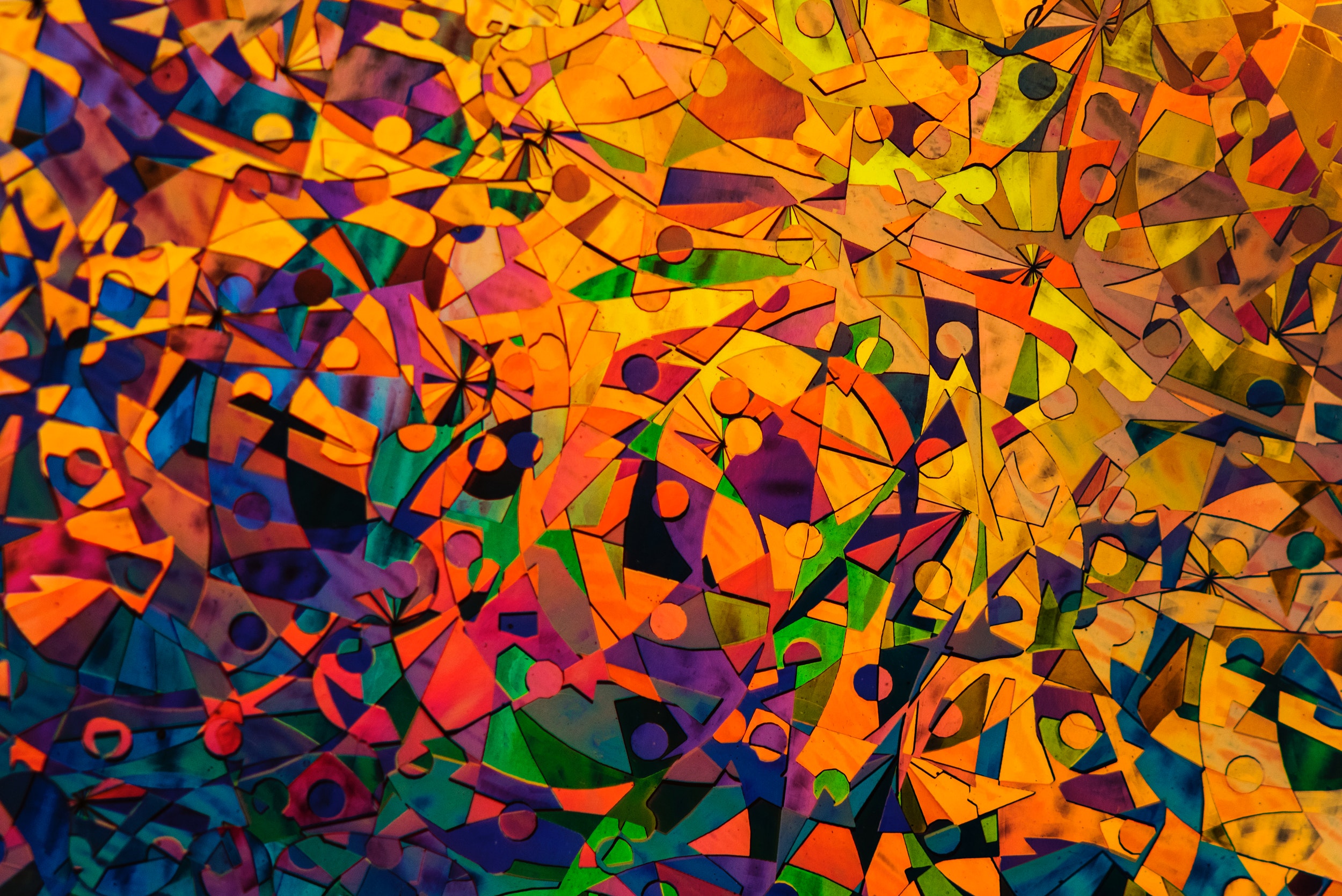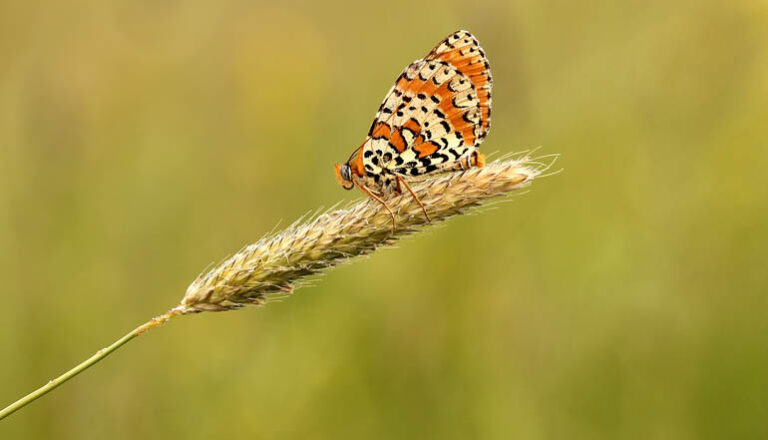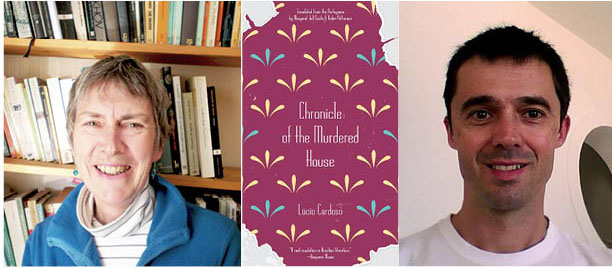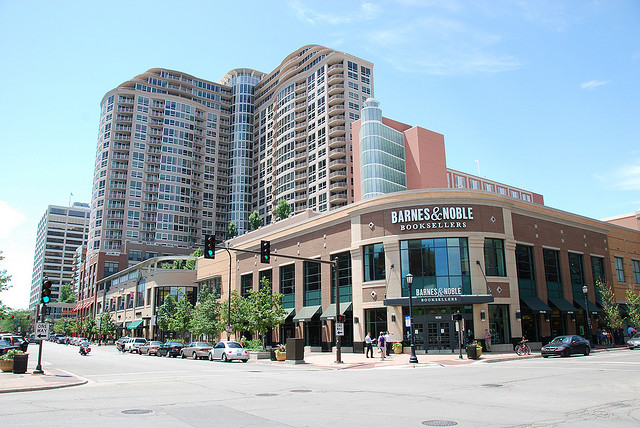Peace Out and Poetry Dialogue: Matthew Shenoda

Today’s post is my last for the Ploughshares blog and it just happens to coincide with the beginning of Season Five of Friday Night Lights. Good times all around. Big ups to everyone who read my posts. I know they weren’t always directly related to the craft of writing, but it’s all part of the same conversation as far as I’m concerned. To those who commented: your words are much appreciated. I wanted to respond directly to you, but I never figured out how.
Thanks to Gabrielle Calvocoressi, Oliver de la Paz, Lyrae Van Clief-Stephanon, Jake Adam York, and today’s poet, Matthew Shenoda, for participating in these poetry dialogues. In each case, the post could have 3 times as long if we had the time. Lastly, thanks to Diana Filar for her awesome work behind the scenes and to Andrea Drygas for holding it down. We’ll do this again another time in some other space. Again: many, many thanks to everyone for reading.
*
Matthew Shenoda is a writer and educator whose poems and writings have appeared in a variety of newspapers, journals, radio programs, and anthologies. His debut collection of poems, Somewhere Else, was named one of 2005’s debut books of the year by Poets & Writers Magazine and is the winner of the inaugural Hala Maksoud Award for Emerging Voice, granted by RAWI, as well as a 2006 American Book Award. His latest collection is Seasons of Lotus, Seasons of Bone.
He is Assistant Provost for Equity & Diversity and Professor in the School of Critical Studies at California Institute of the Arts. He also serves as Director of Poetry for the Planet at the Wangari Maathai Center for Economic, Educational & Environmental Design, a joint center with UC Berkeley and San Francisco State University, where he is developing a curricular initiative that uses poetics as a framework to teach global sustainability issues to urban youth. Additionally, Matthew serves on the Board of Directors of the Los Feliz Charter School for the Arts. He lives with his family in Los Angeles.
Matthew is a poet for whom politics and art are constantly in dialogue. In many ways, he embodies what Picasso meant when he said that the artist is a political being. His remarkable second collection, Seasons of Lotus, Seasons of Bone, is a testament to this. Unlike many contemporary American poets, Matthew puts his verse right up the lion’s mouth without fear of the teeth in the tradition of Amiri Baraka, Martín Espada, or June Jordan. There is something that doesn’t blink in Matthew’s poems, like this, from his poem “Night Song,”:
I give myself to this word
commit to eternity
traced by slender shadows / ask for nothing
still riddled by the bullets
of Mogadishu / Darfur / distance
political bombast
the son of diaspora
learns to live in shade…
Or this powerful family of lines from “Recollection”:
what we have killed in this world
will rise up against us
grass will stage rebellions
in the shape of banana plantations…
As these two samples (and the collection as a whole) illustrate, Matthew’s poems maintain a lyric integrity inside of—or maybe next to—the political in the long tradition of African Diasporic protest. To this end, Seasons of Lotus, Seasons of Bone is divided into two sections: “Songs of the Lost Days” and “Songs of Tainted Waters.” There are clear sonic and rhetorical connections between Matthew’s poetics and song, so it makes sense that each of the book’s section has an epigraph from Bob Marley to helps contextualize the themes at work.
Even though he is now a favorite figure for t-shirts and dorm-room walls across America, Marley was one of the great revolutionaries of the African Diaspora. True to his hero, Marcus Garvey, Marley’s lyrics and music put forth a Pan Africanist agenda that recognized all those of African descent as brothers and sisters, both in culture and suffering. Matthew alludes to and incorporates some of these Diasporic connections by including lyrics from the song “Ambush In the Night” (from Marley’s most staunchly Pan Africanist album, Survival) as the epigraph for “Songs of Tainted Water”:
Well what we know
Is not what they tell us
We’re not ignorant, I mean it
And they just cannot touch us
Through the powers of the Most High
We keep on surfacing
Through the powers of the Most High
We keep on surviving
It is through these connections that Matthew weaves his own narratives of survival, of self identity, of nationalism, of protest and song that would have been comfortable nestled right next to Survival on the metaphoric shelf. Through Matthew’s work, we learn that poetry is both about speaking up and about surviving and as long as we do these things, “they just cannot touch us.” With that, here is my conversation with Matthew Shendoa. Our dialogue took place via email at various times between March 18, 2011 and April 11, 2011.
Adrian Matejka:
So my original plan for our conversation was to start with the breakfast we had in Denver with Kwame Dawes a couple of years ago. We were cutting up so much, I think the folks around us thought we were having an wanna-be comics breakfast, rather than a conversation between writers from the Diaspora. I was hoping to show some of the humor that is in behind the scenes of your oftentimes serious and always considerate poetry.
Then the U.S. started bombing Libya. It seemed like it happened during my daughter’s nap. When she went to sleep, we weren’t involved. When she woke up, U.S. cruise missiles were hitting targets inside of Libya under the auspices of the protecting civilians. We’ve talked about some of the profound changes happening in Northern Africa: Tunisia, Egypt, and now Libya. It feels like the changes are happening because the people want them to happen. You were in Egypt right before everything when down. What is your perspective on all of this?
Matthew Shenoda:
Well, this is of course a huge question and not one without its complexities. The situation in the region could arguably have an overarching theme; self-determination and power back in the hands of the people, but the nuances of how it’s playing out become very specific to each country and their respective histories and cultures. In the case of the revolution in Egypt the world witnessed an organic, grassroots led movement, to overthrow a dictator that for the most part happened non-violently and was inspired by the previous events in Tunisia. It became clear after Tunisia that largely non-violent rebellions were a possibility. That the events in Egypt took place without great bloodshed or military intervention on any side is almost miraculous. Libya, unfortunately, is another story, and I think here we have to begin by understanding that although Egypt existed for decades under autocratic rule, the dictatorship of Hosni Mubarak was quite unlike that of Muammar Gaddafi. Mubarak was in an engaged and dependent relationship with the west for his entire rule and depended heavily on tourism as an economic arm in Egypt both for his personal benefit and for his regime and I think those two facts (without getting to deep into the details) made for a place that could often appear quite lovely on the surface.
In the case of Libya, Gaddafi has been a sworn enemy of the west and has ruled Libya in a much more ironfisted and closed manner. Both regimes have had terrible histories of violence between the state and ordinary people, but Gaddafi has always used the oil-rich resources of Libya to allow him to rule in defiance of any outsiders. As for the U.S. and the west’s military intervention, this becomes quite complicated. We must begin, as U.S. citizens, by understanding (as Ralph Nader has recently pointed out) that the current U.S. military involvement in Libya is unconstitutional and goes against the laws of our own country. That there was no congressional approval and that the voice of U.S. citizens was completely unengaged is a serious issue. Here we find ourselves entering into yet another war in that region of the world and we as U.S. citizens are left simply to stand by and watch. All this to say, that Gaddafi is of the most brutal of dictators and has committed absolutely terrible atrocities against the Libyan people, so I am certainly not advocating standing by idle. But here, (and I think as poets we understand this well), we cannot engage this conversation without an examination of process. Why do we choose Libya over what is happening in countless other parts of the world? Why was the U.S. government OK with funding the Mubarak regime to the tune of billions of dollars annually while he brutally oppressed his populace, but then turn in this case and say we cannot allow Gaddafi to continue? And more importantly, how could we support the Libyan people to overthrow Gaddafi in a manner that would empower them, rather than devastate them through war?
I think a moment like this one (and I know I am oversimplifying things here) is a clear reminder that the U.S. does not operate in some altruistic fashion. We have vested interests and they are largely about our own economic gain. If that weren’t the case, we would have found strategic ways to stop Mubarak, Gaddafi, the despots of Saudi Arabia (another U.S. ally), the absolutely unconscionable colonization and brutality that Israel inflicts onto the Palestinian people, decades ago. Instead, we often funded such regimes and allowed them to continue their oppression for our benefit. We would have worked to stop the senseless and endless dictatorial violence across the African continent that has caused untold suffering if we “cared,” but instead we choose only what benefits the U.S. and ignore that which benefits humanity. We operate in the most simplistic of binaries and never take the time to find real solutions to these very real issues. So, this moment we live in, no doubt, gives the poet plenty to do and engage in. We have our work cut out for us.
AM:
There are so many things in what you’ve just said I want to get at, but I’ll start with this. First, your observation about the nonviolent governmental shift in Egypt: I was stunned that it didn’t go a different way, for no other reason than the history of regime change in Africa. Regime change has almost always required violence since colonialism. What was it that Franz Fanon said—violence is a cleansing force? But the fact that a government that was as entrenched as Mubarak’s could be shown the door without weapons fired is wonderful. It’s a moment of human power.
I asked myself the same thing as you did about Libya. Why that country and not Sudan or any of the many other places that so desperately could have used humanitarian intervention? Just today (March 24, 2011), a group of West African leaders asked the United Nations Security Council to force the outgoing president of Ivory Coast out immediately. It won’t happen, but I find the request important and I’m sure the response from the UN will be very interesting. So here’s a question: how do you suggest that poets engage in this?
MS:
First, I’ll start by saying that Fanon’s statement still stands true, in that while the revolution had virtually no violence in its overthrow of Mubarak, the Mubarak regime inflicted horrible violence on the people of Egypt for decades (the Mubarak regime ran one of the largest prison and torture systems in the world) and no doubt that violence has been a catalyst for this revolution.
But to your point about poets, I have always believed that any artist is a human being and engaged citizen first. I don’t buy into the idea that somehow artists live in a binary where their artistry is separate from their humanity, culture, or citizenship. So, in that vein, I think the poet has a responsibility to engage these realities because they are the very realities in which the poet exists. I, by no means, feel that there is any prescription to this, or that the poet is “charged” with addressing specific issues in specific ways, which is to say, I’m not arguing here that all poetry should be overtly “political,” but I do think it’s naïve to think we can call ourselves writers and divorce ourselves from the larger context we are writing in. At least if we wish to be compelling in some manner. Of course, life is incredibly multifaceted and each person has a different lived experience, so I suppose the way we engage this is by being true, in some manner, to that lived experience and I would argue, by being willing to open oneself up enough to try and engage and understand the larger world around us.
I think the crux of your question is the concept of being “engaged.” A disengaged artist is of little use to society-at-large. I think, as I’m writing this, how rare it is that these conversations happen in the contemporary poetry landscape and have to wonder why? Are we not called to reflect upon our surroundings and find ways, through language, music, choreography, etc. to articulate our multiple realities? Is it not the job of the artist to explore in all of its glory and ugliness the world which we call home and is all of what you are mentioning not a central part of that? Perhaps these questions are rooted in a larger conversation about what it means to be American, and that I won’t get into now, but I can say that today is a new day and the United States can no longer exist in isolation or segregation and neither can its artists.
AM:
I like the idea of exploring “all of its glory and ugliness.” It reminds me of something Ben Okri said, “poets need to need to live where others don’t care to look…because if they don’t, they can’t sing to us of all the secret and public domains of our lives.” I think his idea applies both to the public and private spheres. Artists need to do this work because it’s necessary to maintain the integrity of our social structures, but they also need to do it because it’s hard and most people avoid it.
Several of the poems in Seasons of Lotus, Seasons of Bone do this work. Right now, I’m thinking of the beginning of your poem, “Recollection”: “What we have killed in this world / will rise up against us.” It seems like uprising is a move toward justice, but it is also about identity, or maybe self-identification. To help interpret, critique, identify, and on some lesser level, define, what a community is. That’s one of the roles of the artist, right?
MS:
I think so, while the artist has no single role, no doubt the role of “shaper” or “articulator” of a community (in the broadest sense) is one that an artist can, and in my opinion should, play. It is about, not just self-identification, but self-determination. It is about a constituency who does not have a direct stake in the economic engine of a nation or the larger political systemic of that nation, but perhaps more of a vested interest in the human capital, allowing their voices to help shape the world around them. To me this is in part a question of responsibility. Does the artist have a responsibility? I would argue they do. The perspective of the artist is a very crucial one in any society and that comes with a sense of responsibility. This is a voice that is, often, interested in the lived experiences of human beings and the connections that exist between people, cultures, places, ideas etc. It is a perspective unlike any other and one that need be taken more seriously.
At their best, artists represent one of the last bastions of free-thinking in society. We are not beholden, in an ideal sense, to anything but the art, the aesthetics we aim to shape. But something else you said really strikes a chord with me, and that is the idea that, “artists need to do this work because it’s necessary to maintain the integrity of our social structures, but they also need to do it because it’s hard and most people avoid it.” I couldn’t agree more with this sentiment. I think too often artists (like most people) opt for the easy road rather than engage in a real struggle to, as you say, “maintain the integrity of our social structures.” Here, I am thinking about major social issues like education, healthcare, poverty, and so on… It’s essential that artists in any society take an active role in articulating the narratives and sub-narratives that exist around these issues. It is our job to elucidate the nuances. We cannot depend on politicians to represent our realities, we need a sect of people who are in a way free to tackle these issues without the constraints of larger political systems, a group of people who can help frame the intricacies of the human spirit and I see no one better suited for this than the artist!
This is Adrian’s thirteenth and final post for Get Behind the Plough.
Image 1 from: http://matthewshenoda.com
[1] It did happen. UN and French forces attacked the Presidential residence in Abidjan and captured Laurent Gbagbo on Monday (April 11, 2011).


